In the bustling chaos of everyday life, we often overlook stories hidden in the margins—stories of strength, survival, and silent endurance. These lives, though shrouded in societal prejudice and neglect, carry profound lessons about humanity, love, and the longing for acceptance.
(Names changed to protect identities)
Understanding Lives of Silent Resilience
Table of Contents
This piece delves into the life of Uma Maheshwar, a transgender individual whose candid reflections unravel the struggles and misconceptions surrounding her identity. Through her story, we are invited to confront our biases, listen with empathy, and discover the quiet resilience that often goes unnoticed but holds immense power to inspire change.
It was during one of my unplanned trips to Kanyakumari that I met Uma Maheshwar. I had boarded the almost empty train at Thiruvananthapuram. I was alone in one of the compartments, dozing. A few women passed through the alleyway wearing thick makeup and pungent perfume, which disturbed my nap.
Another woman followed. She stopped and turned towards me. I looked up confused. To my surprise, it was neither she nor he. She begged, clapping. “Give something saar.” The clap they have patented. We consider them incomplete without that clap.
I will be honest here. I abhorred them.
“Saar, something.” She repeated in Tamil mixed with Malayalam.
“Go away.” I shooed her as if she were a smelly creature. Anyone else would have thrown me off the train for that.
She stared at me for a few seconds and sat down opposite me. I gulped.
“You are afraid of me,” she said with a smile on her face.
“What?” I ground my teeth. “Why should I be?”
Related Reading: 18 Types Of Sexualities And Their Meanings
“Our mouths lie, eyes don’t,” she responded gently.
I sat silent.
“What do you do?”
“I am a government employee.”
“You are lucky.”
My nerves loosened a bit. “Yes, it’s difficult to get a government job.”
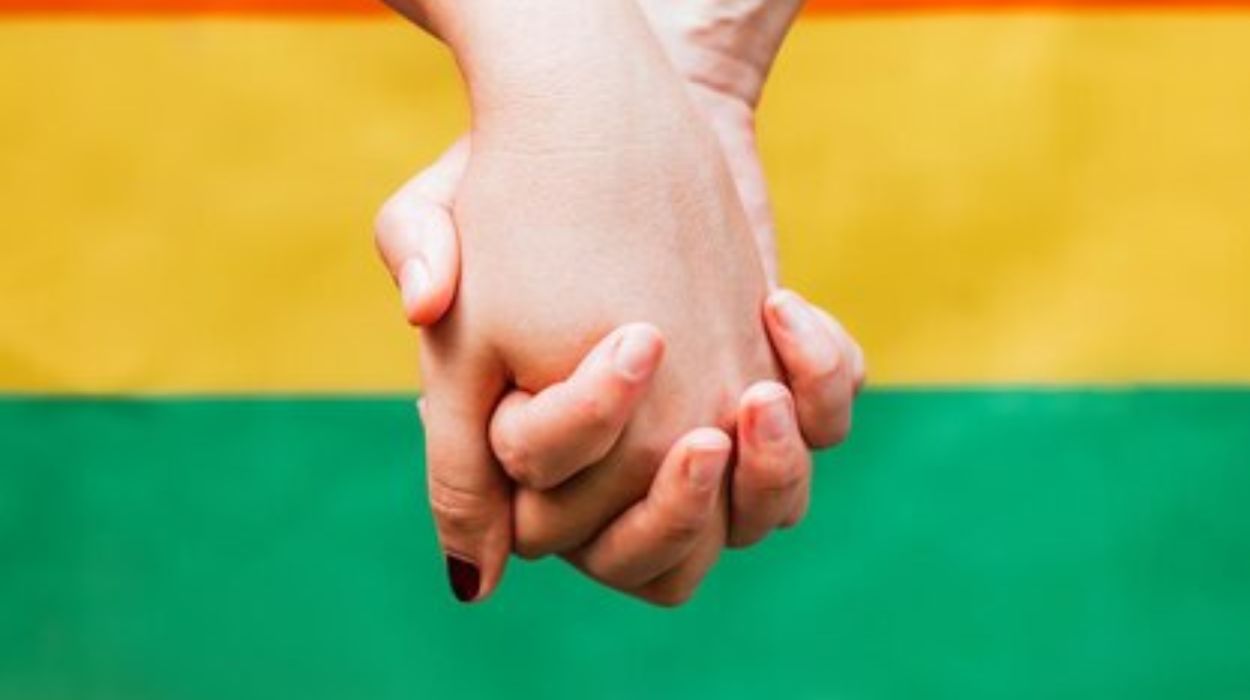
“You are lucky to be a ‘normal’ human being.” She exhaled and got up to go.
“Excuse me.” I, the miser, pulled out ten rupees.
She smiled. “No thanks.” She sat down again. “I sat here for some other reason.”
“Err…what?”
“I rarely find men looking at me without lust, seeing me alone in a deserted compartment. I am easy prey for them. They consider us thirsty for sex around the clock.”
All our perceptions of ‘those’ people< is based on misconceptions of what makes someone a woman
I waited for her to continue.
“They turn violent mostly, if there is a group.”
“Hmm.”
“Ours is a hopeless life.”
“Love cannot exist without pillars supporting it. And sex is the most important pillar in the case of two unrelated adults.”
She was speaking as though she had found a listener after endless wait.
“I am sorry…”
“Forget that. It’s normal. Negligence, hate, fear, and molestation are normal things for us.”
“Why don’t you think of a job, rather than begging and getting humiliated?”
“Can you get me a job?” She shot a question. “I was working as sales girl in a shop. The owner fired me saying that I am a bad omen.”
“Oh!”
“Many think so. People can’t accept us from their heart.”
I kept looking at her. What could I say? I didn’t want to lie. “Do you stay alone?”
She turned happy in a flash. “No, I don’t. Rugmini is with me. She is also an orphan like me. She is SHE, so cannot rape me.” She laughed aloud.
I smiled seeing her happiness. “You grew up together?”
“That happens in movies saar. We were working together in the shop.” She let out a long sigh. “She was also hesitant to talk with me initially, just like you. It was also her first time, working closely with a Shikhandi. We became so close that she also left the job, when I was fired.”
“You are together since then?”
“Yes, together.”
“That’s good.” I said encouraging her to continue.
Related Reading: The Different Types Of Attraction And How To Recognize Them
“We love each other. She has promised me that she will never marry, to be with me forever. Then…”
The train was reaching Nagercoil station. She got up.
“Then…?”
“We cannot predict our future. She is a normal girl. She has all the feelings as any other girl.” She cleared her throat before continuing. Perhaps trying to control her emotions. “How can I stop her if she finds a boy and decides to marry him?”
“But she has promised you, hasn’t she?”
She walked out without replying.
I thought about the relationship they will have. How long will it last? How can it be complete without a child?
She came to my window. “Love cannot exist without pillars supporting it. And sex is the most important pillar in the case of two unrelated adults.”
“That’s one’s perception…”
She interjected. “What’s your name by the way?”
I told her. “What’s yours?”
“Uma Maheshwar.” She paused for a second. “Thank you for listening to me patiently.” She smiled.
“Oh, it’s just…”
Perhaps she was not interested in the fake formalities of PERFECT human beings. She returned to her friends without waiting for my response. They were talking and laughing. I kept staring at her thin silhouette until it disappeared.
The thin, weak, silhouette will never disappear from my memory, hopefully.

FAQs
1. Why is there so much stigma around transgender individuals?
Societal norms, lack of awareness, and ingrained prejudices often contribute to discrimination and misunderstanding of transgender individuals.
2. How can we support marginalized communities like Uma’s?
- Educate ourselves about their struggles.
- Promote inclusivity in workplaces.
- Advocate for equal rights and opportunities.
3. What can therapy offer to individuals experiencing discrimination or stigma?
Therapy provides a safe space to process emotions, heal from trauma, and build resilience against societal biases.
Final Thoughts
This encounter serves as a stark reminder of the biases and fears we carry unknowingly, shaped by societal norms and misconceptions. Uma Maheshwar’s story highlights the silent struggles of marginalized individuals yearning for acceptance and dignity. True empathy begins when we confront our prejudices, listen without judgment, and acknowledge the humanity in everyone.
Our counsellors are here, we aim to create a safe, inclusive space for individuals of all genders and backgrounds. Whether you’re struggling with societal pressures, identity challenges, or personal conflicts, we’re here to help.
Your contribution does not constitute a charitable donation. It will allow Bonobology to continue bringing you new and up-to-date information in our pursuit of helping anyone in the world to learn how to do anything.

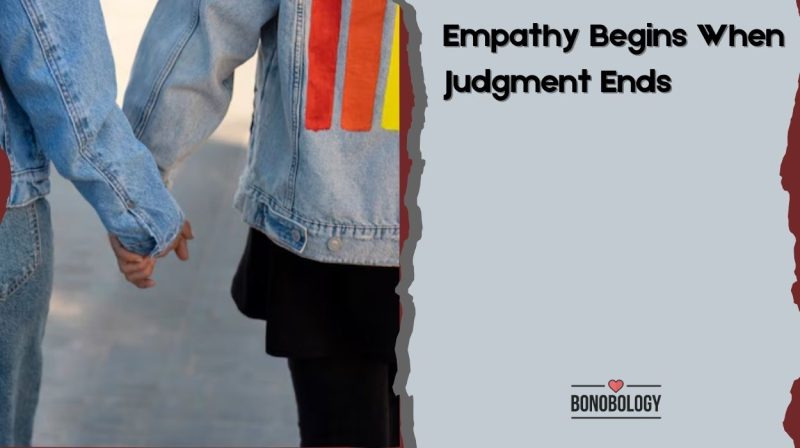
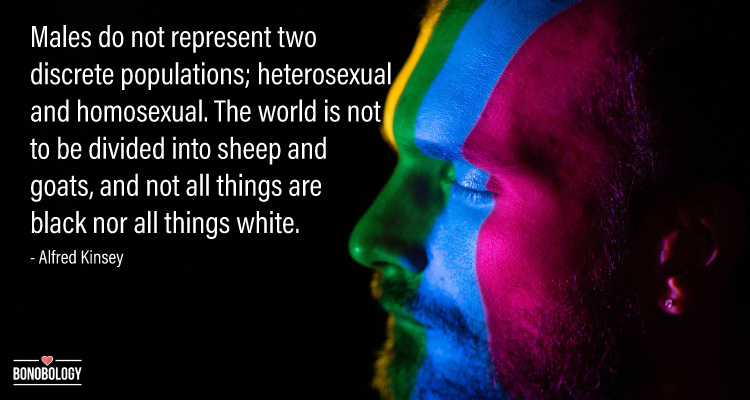


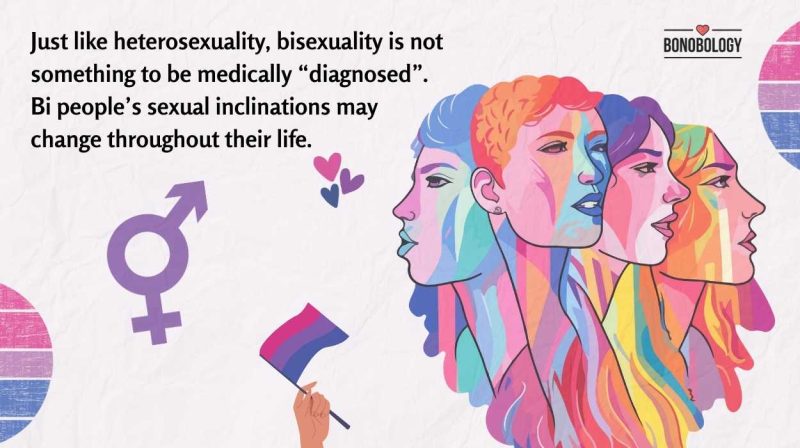

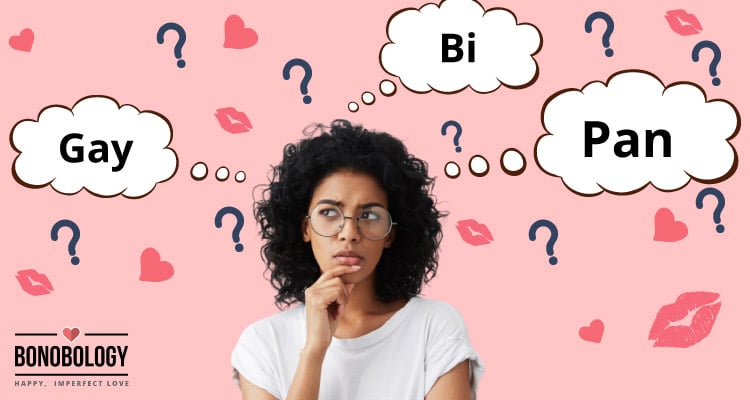





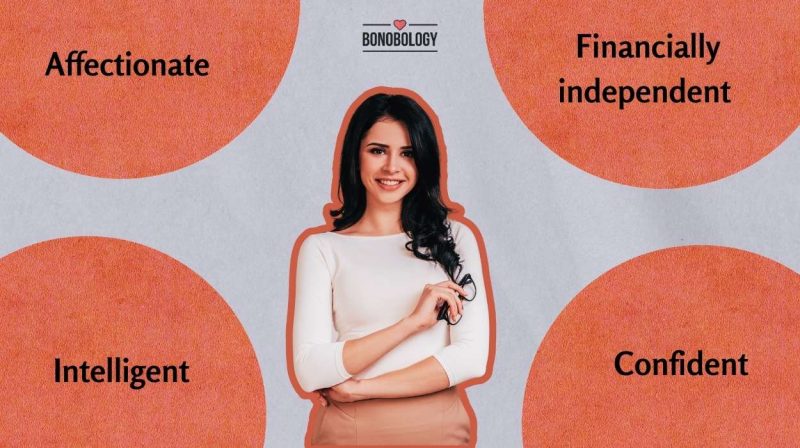



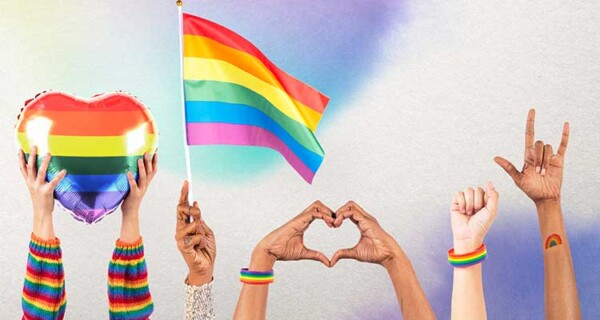


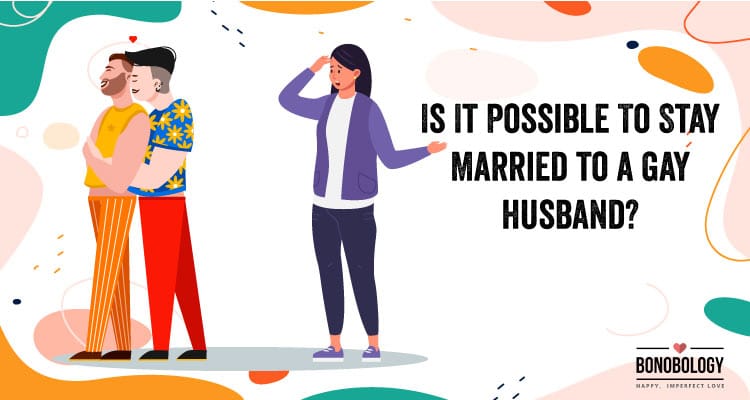
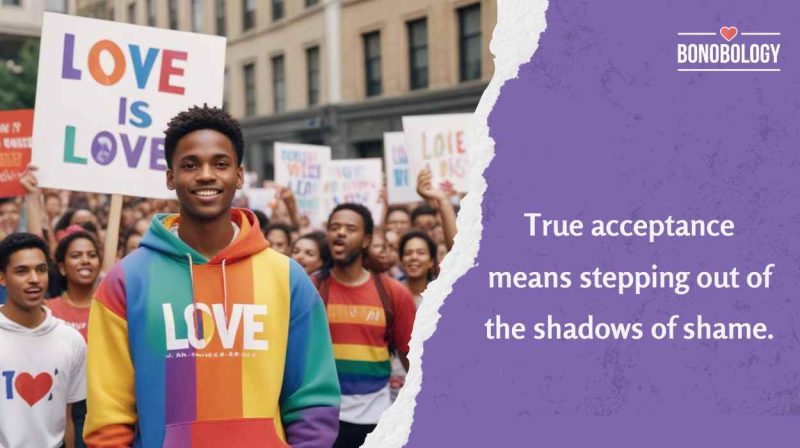
Featured
10 Signs Of Bisexuality In Males: Understand Your Sexuality And Fight Common Misconceptions
How LGBTQ+ Individuals Can Benefit From Online Therapy: Breaking Barriers And Nurturing Mental Health
30 LGBTQ Books You Should Read In 2023
Am I Bisexual? 18 Signs Of Female Bisexuality To Know If You’re A Bi Girl
11 Things You Need To Know For A Successful Aromantic Relationship
Am I A Lesbian? Here Are 10 Signs That May Help You Know For Sure
Could You Be Demisexual? 5 Signs That Say So
21 LGBTQ Flags And Their Meanings – Know What They Stand For
Pride Decorations And Rainbow Pride Party Decor Ideas
Lesbian Outfit Ideas – A Complete Fashion Guide
10 Best Lesbian Dating Apps For 2022 To Chat & Meet
15 Things That Attract A Woman To Another Woman
Top 12 Best LGBTQ Dating Apps – UPDATED LIST 2022
The Yin And Yang Of The Sexuality Spectrum
Sex Work And Love: A Sex Worker’s Story
18 Types Of Sexualities And Their Meanings
Queerplatonic Relationship- What Is It And 15 Signs You Are In One
Transgender Dating And The Taboo Around It
7 Signs Your Husband Is Gay, And 5 Ways YOU Can Help Him
I Am Out But My Family Went Into A Closet